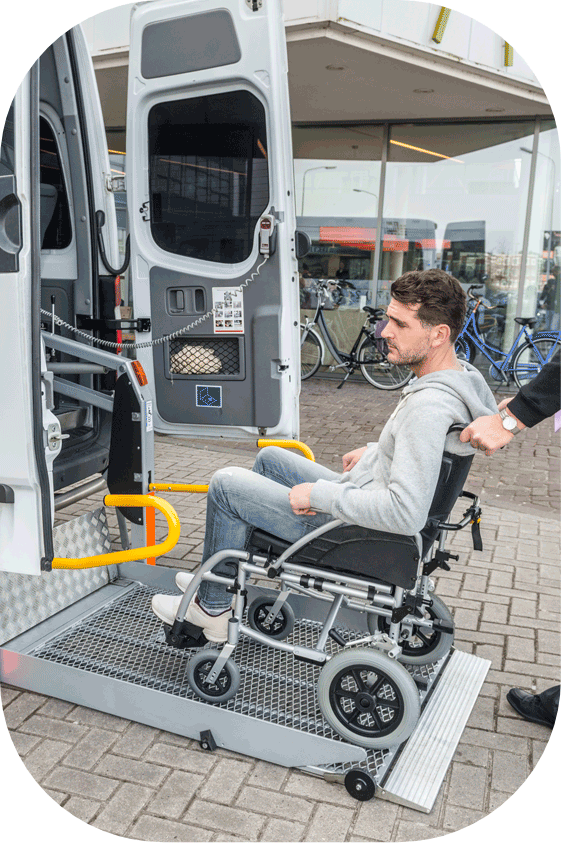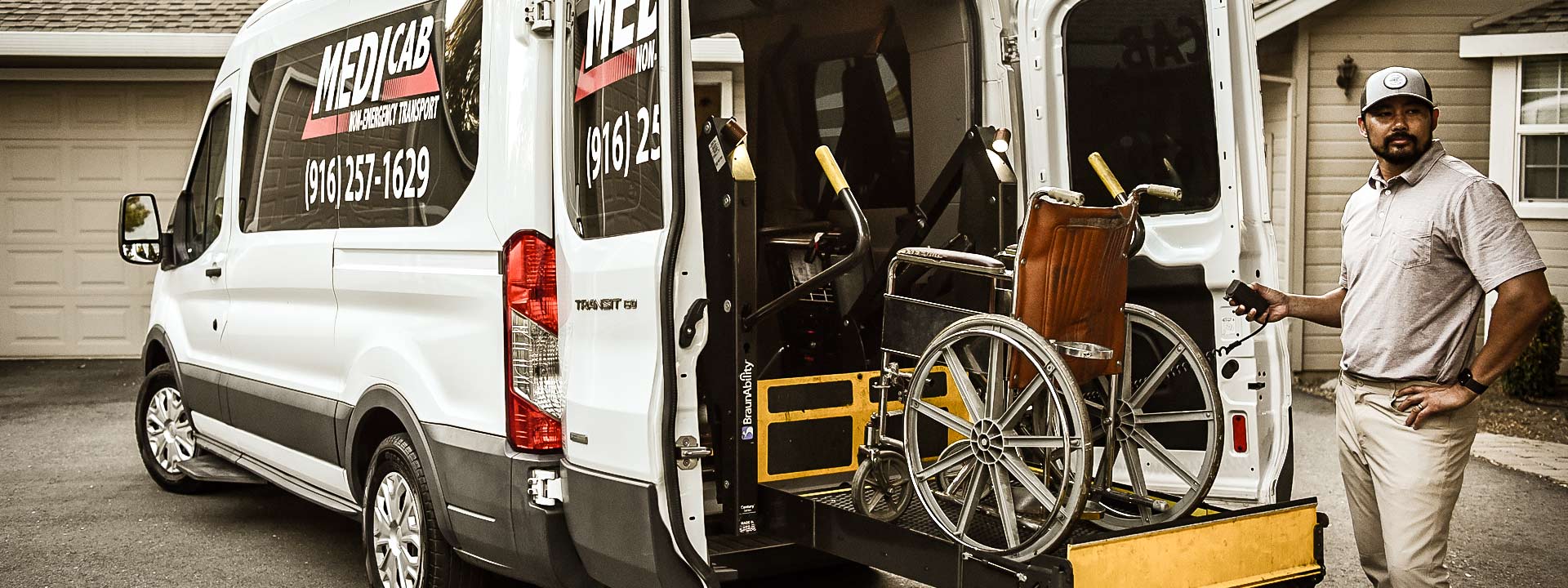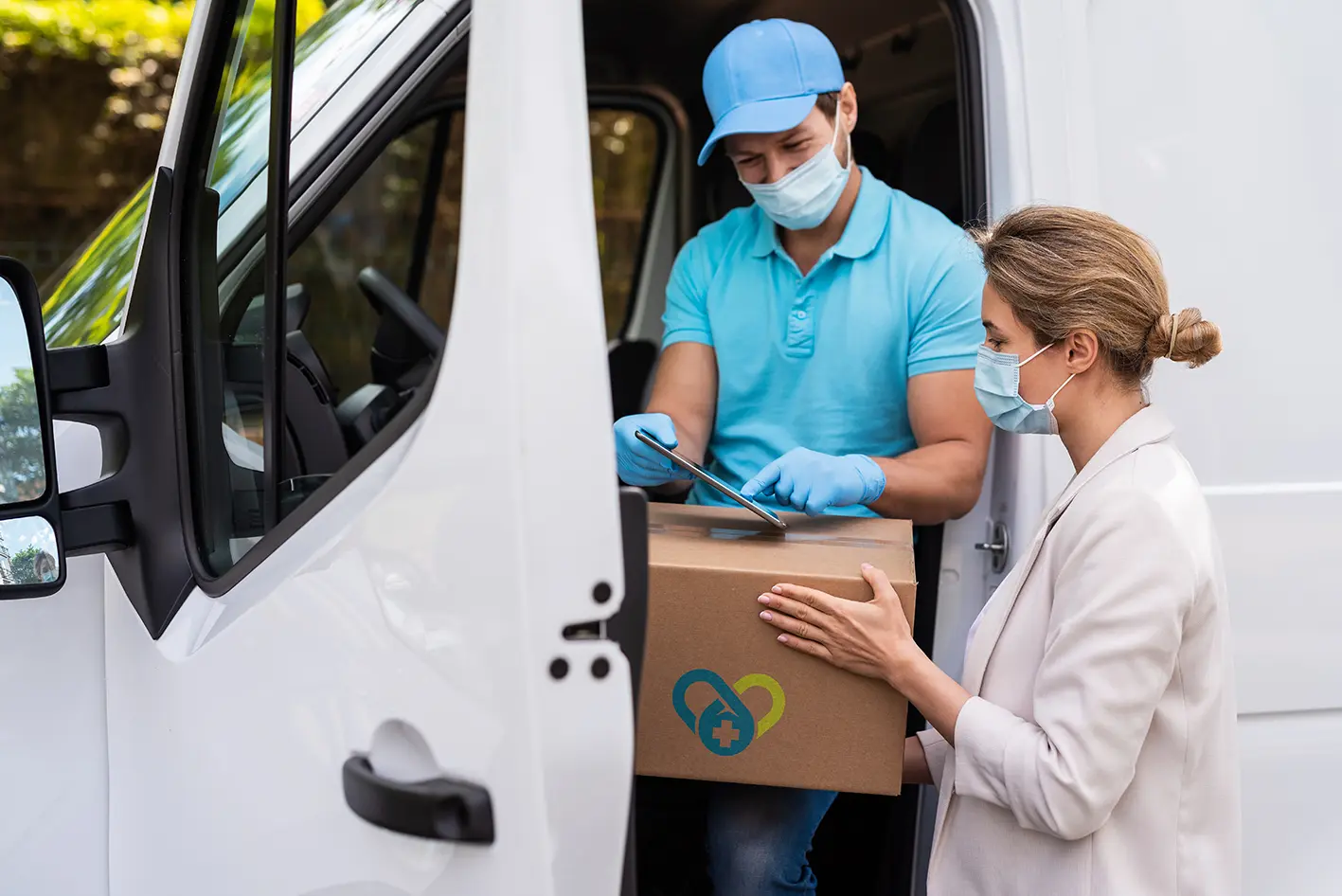Budget-friendly and Accessible Medical Transport Options for every single Circumstance
In the world of healthcare, the capability to accessibility medical services is critical, yet the difficulty of inexpensive and accessible transport can usually prevent individuals from obtaining needed treatment. While some may have the means to secure exclusive transport, many face barriers that make it challenging to get to medical consultations or facilities. The landscape of clinical transport options is evolving, providing a variety of services tailored to different demands and conditions. By exploring customized clinical transport services, neighborhood transportation programs, ride-sharing and taxi services, non-emergency clinical transportation, along with public transportation and paratransit options, individuals can locate opportunities that provide to their particular requirements and guarantee they get the treatment they require.
Specialized Medical Transportation Services
Specialized medical transport solutions play a crucial duty in making sure safe and effective transport for people requiring specialized care during transportation. These services deal with individuals with one-of-a-kind medical requirements, such as those needing continuous surveillance, specific equipment, or clinical treatments during transportation. By making use of specially equipped automobiles and trained clinical workers, specialized medical transportation solutions make sure that patients get the essential care while being moved between medical care centers, homes, or other locations.
One secret facet of customized clinical transport solutions is the concentrate on person convenience and safety and security. Clinical transport teams are trained to manage numerous clinical problems and emergencies that may emerge throughout transportation, giving a higher degree of care than standard transport alternatives. Furthermore, these services usually supply door-to-door aid, decreasing the stress and anxiety and discomfort that people may experience during transfers.
Area Transport Programs
Having actually attended to the crucial duty of customized clinical transportation services in guaranteeing risk-free and reliable transportation for people with distinct medical demands, the focus now shifts to taking a look at Neighborhood Transport Programs - medical transportation. These programs play a crucial function in providing affordable and accessible transport solutions for the general populace, consisting of elders, people with disabilities, and low-income families that might deal with difficulties in accessing typical transportation choices
Neighborhood Transport Programs incorporate a variety of services such as fixed-route buses, paratransit solutions, volunteer vehicle driver programs, and ridesharing campaigns. These programs are commonly subsidized by city governments, non-profit companies, or exclusive companies to make sure that individuals have dependable transportation alternatives to get to medical consultations, supermarket, social tasks, and other vital destinations.
Ride-Sharing and Taxi Providers

Among the crucial advantages of ride-sharing and taxi solutions is their accessibility. These solutions run check this 24/7, enabling individuals to travel to clinical consultations, pharmacies, or hospitals at any moment of the day. In addition, ride-sharing and taxi solutions accommodate people with movement challenges by supplying wheelchair-accessible lorries upon demand.
Moreover, ride-sharing and taxi solutions can be specifically beneficial for people staying in areas with limited public transportation alternatives. By connecting the gap in between home and medical care centers, these services play an important function in guaranteeing that everyone has accessibility to crucial clinical solutions.
Non-Emergency Medical Transportation

Non-Emergency more Medical Transportation service providers commonly employ skilled personnel who are experienced in assisting individuals with differing medical needs. By providing door-to-door service, Non-Emergency Medical Transport enhances the total ease of access of healthcare for individuals that may otherwise struggle to participate in critical clinical visits.
Public Transit and Paratransit Options
Public transit and paratransit options use necessary transport services for individuals with differing flexibility requirements, ensuring access to vital destinations such as clinical centers and appointments. Public transportation systems, consisting of buses, trains, and subways, supply an economical and extensively available mode of transport for individuals looking for to get to medical appointments. These services are particularly beneficial for those that may not have access to personal cars or call for support due to flexibility difficulties.
Paratransit services provide specifically to individuals with specials needs who are incapable to utilize traditional mass transit. These services use door-to-door transportation, fitting people with wheelchairs, pedestrians, or other wheelchair help. Paratransit automobiles are equipped with features such as mobility device ramps and securement systems to guarantee the secure and comfy transport of passengers with varying flexibility requirements.

Final Thought
